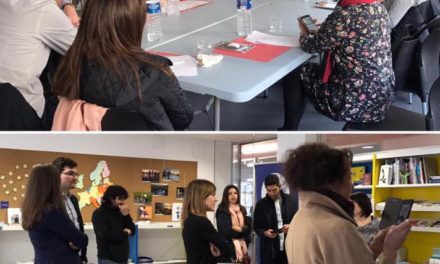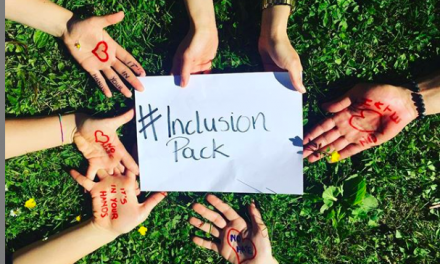The second local event of Anti-discrimination Pack 2.0 took place in London, Hannibal House, on 2nd November 2017. It was held by Kairos Europe for sharing the outcomes and the ideas produced by the project Anti-discrimination Pack 2.0 in which it took part along with other 5 organisations from different European countries. The trainer was Heshani Jayaratne who has been following the project since its early stages and was in charge of the previous events as well.
The event has been promoted on Kairos Europe website and social media platforms (Facebook, Twitter, Instagram, etc.). The event has also been promoted through people participating at various events held by Kairos Europe.
The workshop was divided into 4 parts:
- Participants introduction and general introduction about the project which included presenting the different partners, the Erasmus+ programme and the overall content and scope of the project.
- Focus on the topics of online discrimination and online bullying. In this phase the focus was on presenting the main topic of the project to the participants. The participants learned the definition of online discrimination and bullying, have been shown their characteristics, their effects and possible measure on how to tackle these issues.
- After been presented with some of the activities that will be in the final Anti-Discrimination Pack, the participants had the chance to try these activities themselves. More specifically, the activity that was implemented was the Wireless phone which is aimed at making participants reflect on the fact that sometimes the original message could be lost after a content has been shared over and over again. The exercise also aims to promote the importance of reading carefully and doing some research before blindly sharing content online.
- Evaluation and feedbacks. Time was given to participants to fill the feedback questionnaire and ask questions or express their opinions on the topic. The project website has been shown to them.
All the participants were very positive about the project. They underlined the importance and usefulness of taking into account issues such as online discrimination. Apart from agreeing with the general structure and content of the project, the participants were also satisfied with the activities included in the Anti-discrimination Pack that will be developed as a result of the project. They commented on the importance of promoting such activities in their classrooms as often the matter of online discrimination is not taken enough into account.
To sum up, given that all the participants agreed on the gravity of the issue that the project is addressing, they seemed highly receptive towards the content of the project and the Pack.





